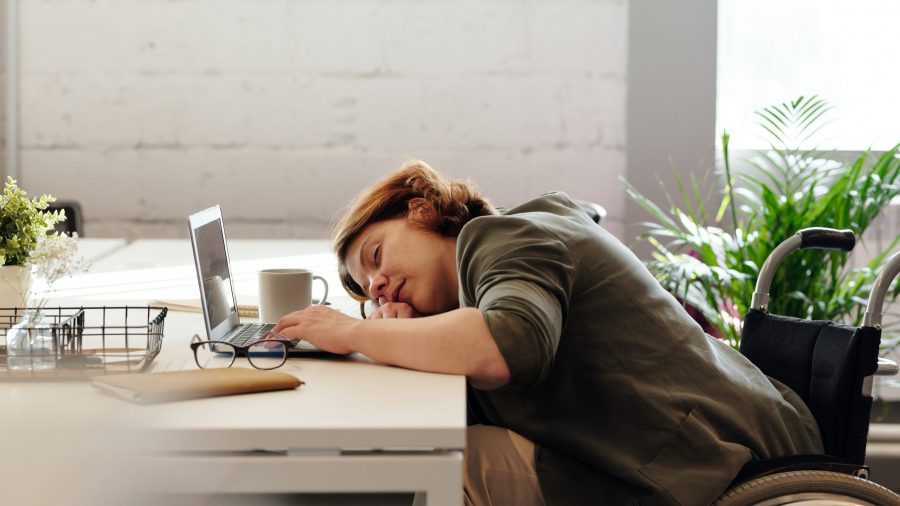When you were a child and younger adult, you likely had little trouble going to sleep at night. However, as you’ve gotten older, you may have started to experience problems in this area. Whereas before you slept through the night, you may find yourself waking up multiple times during the night, tossing and turning in bed, or simply being unable to sleep at all. If you are wondering why this is happening, here are four reasons why your sleep can worsen as you age.

Underlying Health Issues
As you’ve gotten older, you have probably started to have various issues with your health. Unfortunately, these are probably playing a large role in your inability to get a good night’s sleep. Thus, if you are experiencing such conditions as Parkinson’s Disease, osteoarthritis, depression, heart disease, or other conditions, these can impact your ability to sleep well on a regular basis.
Sleep Apnea
A common problem in people as they age, sleep apnea is a condition that often goes undiagnosed for quite some time. Characterized by snoring and lapses in breathing during sleep, it can lead to a greater chance of developing heart disease, having a stroke, or of being extremely tired during the day. If you suspect this may be your problem, talk to your doctor to learn about CPAP accessories and how they can help your condition.
Lifestyle Changes
As you’ve aged, you have experienced certain lifestyle changes that may have resulted in a poorer quality of sleep. One of the most common is retirement, which may mean you have a less structured daily schedule. As a result, it is easier for you to nap during the day, which can then lead to you having trouble falling asleep at night.
Side Effects of Medications
If you suffer from health problems that require you to be on medication, the side effects from these medications may be resulting in the sleep problems you now possess. In fact, both over-the-counter medications as well as prescription medications can cause problems with your sleep. For many people like yourself, antihistamines and various opiates result in daytime drowsiness, while antidepressants can do the opposite and cause insomnia.
When you are experiencing sleep problems, it is clear there is something wrong. Whether it is problems with anxiety that may be leading to insomnia, a health condition that needs to be addressed, or other situations, always consult with your doctor to get the best possible treatment.